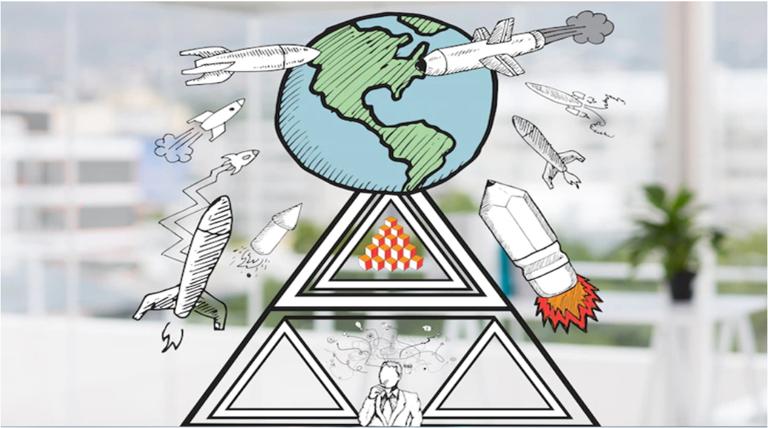To address climate change, every affordable and scalable solution is commendable. Artificial intelligence holds many promises for climate change strategy and disaster management. The potential of AI is rapidly evolving credited to several factors. These include the large volume of data being gleaned by sensors, an explosion of satellites and the Internet; the development of more powerful and faster computers; the availability of open-source software and data; and the increase in abundant, cheap storage. AI can also quickly distinguish patterns that are complex to humans, make predictions more efficiently and recommend better policies.

Artificial intelligence already has an impeccable role in diverse industries, ranging from manufacturing and defense to agriculture and retail, among others. It is an imperative technology in climate change strategy, making weather forecasts to protect the planet. AI can improve energy efficiency by supporting power generation and distribution, from autonomous maintenance and leak monitoring to route optimization and fleet management. As electricity systems produce voluminous amounts of data, energy companies are not capable of leveraging this data so far to understand the electricity demand. Machine learning, however, can use this data to learn and envisage energy generation and demand that help suppliers use resources effectively and fulfill the demand with renewable resources while lowering waste.
The arrival of the fourth industrial revolution is likely to have an impact on climate change. It could exaggerate a new set of threats to environmental security that will need to be considered and managed instantaneously. To cope with these risks will require a transformation and environmental efforts such as effective governance frameworks and policy protocols, investment and financing models, the prevailing incentives for technology development, and the nature of societal engagement. This transformation will happen with proactive collaboration between policymakers, scientists, civil society, technology champions and investors.
Many industry purists believe artificial intelligence is a game-changer for climate change and environmental issues. It has the potential to fortify human’s probability of becoming efficient and cut the risks caused by climate change. Companies like Microsoft contribute to saving the planet, launching AI for Earth program.
Although artificial intelligence brings transformational opportunities to address environmental issues, it can also accelerate the degradation of the environment. Thus, AI should be used in a way that creates a maximum positive impact on environmental challenges, addresses climate change, delivers quality food and water security, safeguards biodiversity, and reinforces human well-being.
The findings are published in the journal Nature Computational Science.
Sources:
Analytics Insight
https://www.analyticsinsight.net/ai-in-climate-change-and-disaster-management/ .
Provided by the IKCEST Disaster Risk Reduction Knowledge Service System
Comment list ( 0 )
